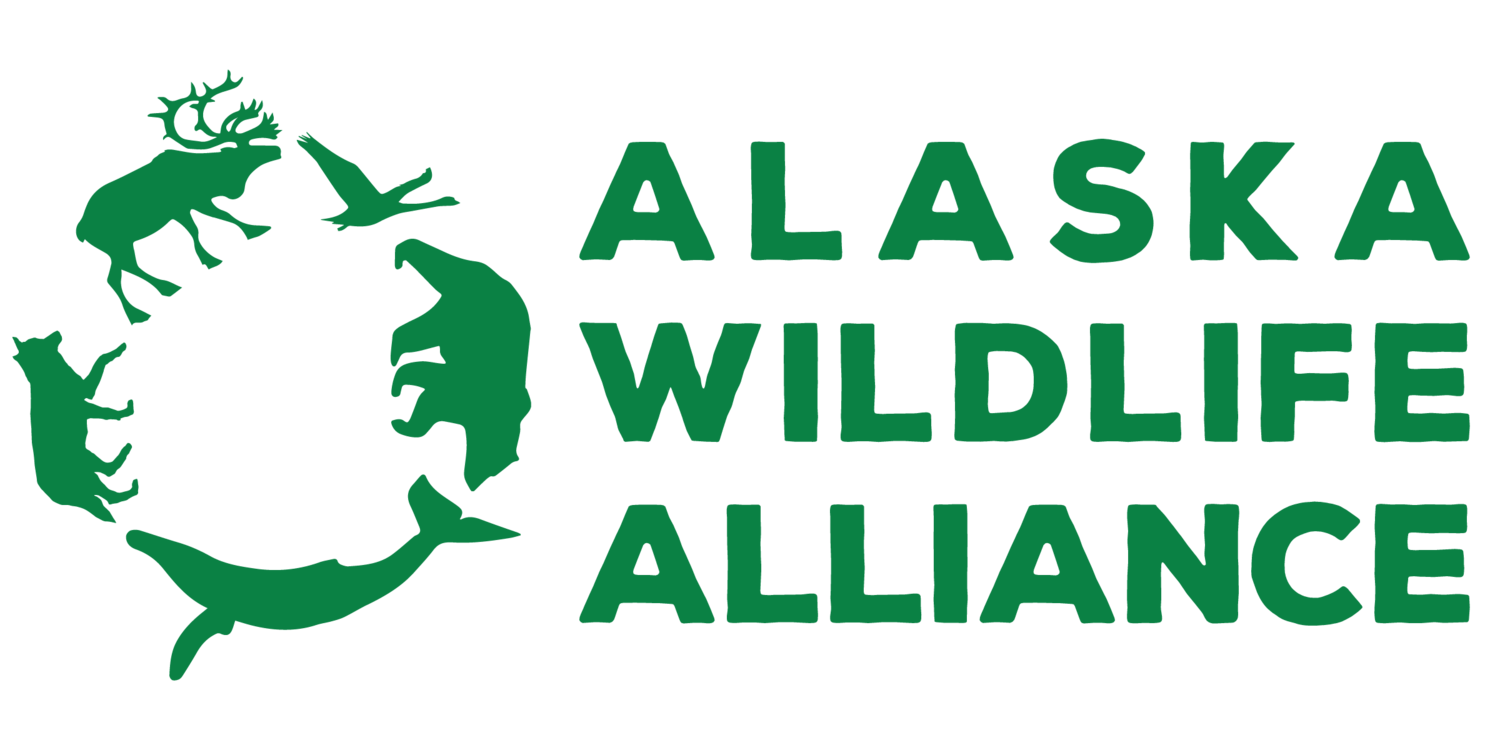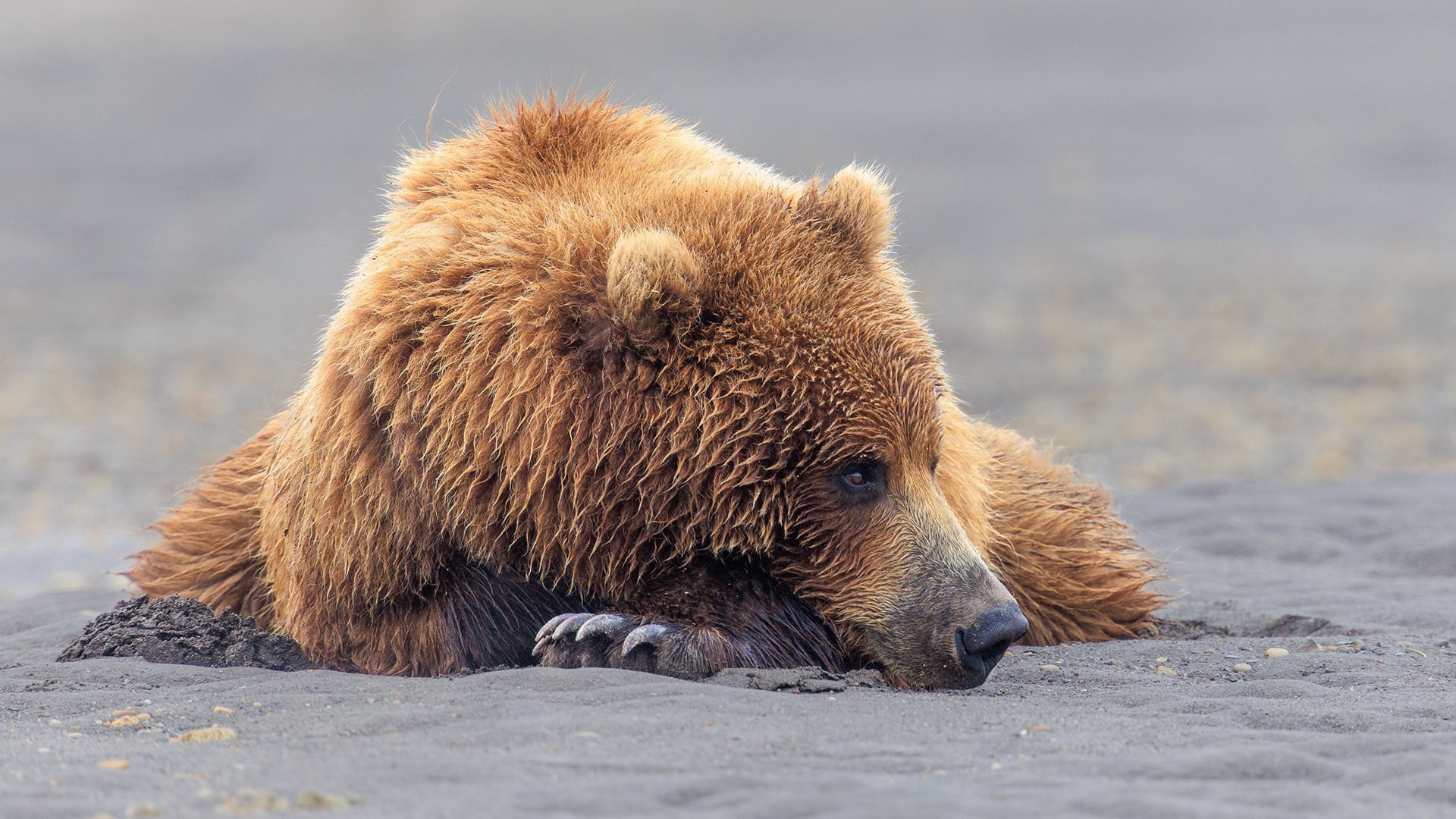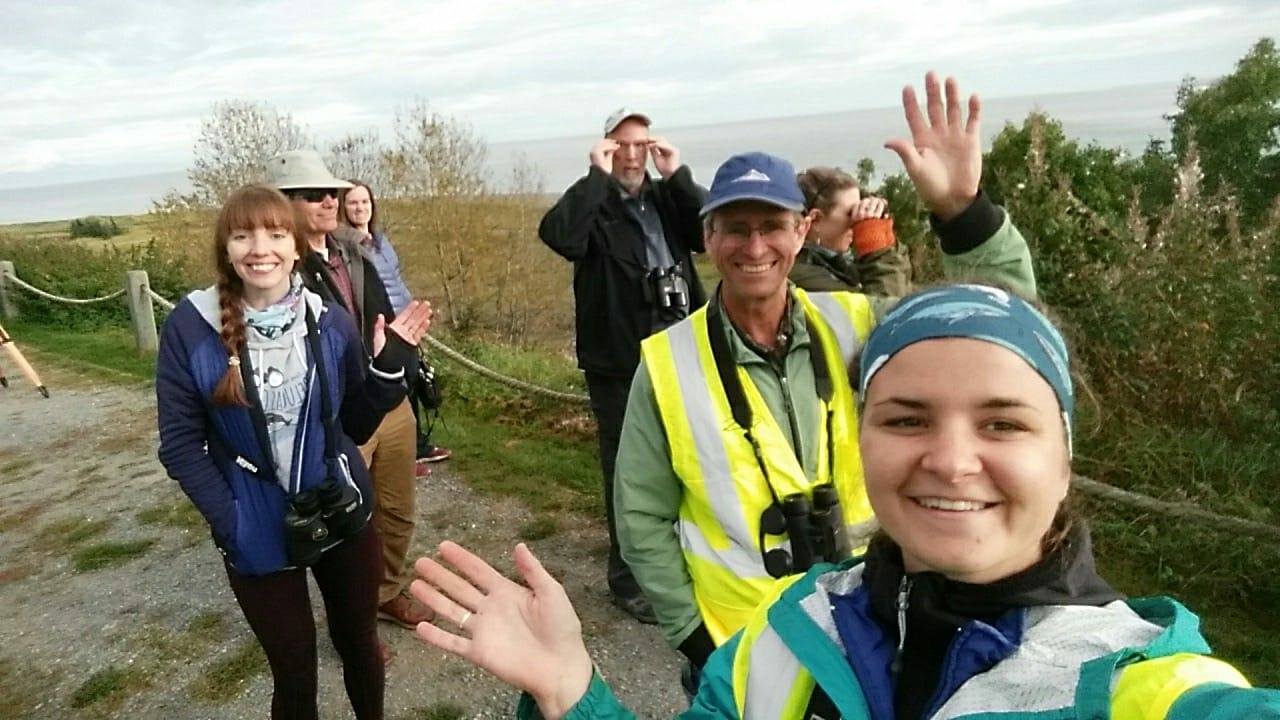A tribute to AWA's former Director and friend, John Toppenberg.
AWA on Wild for Change Podcast: Beluga Whales
AWA's Kenai Peninsula Coordinator wins NOAA Partners in the Spotlight award!
AWA on the Wild for Change Podcast
We're hiring!
AWA in the news! Combined threats keep Cook Inlet beluga numbers perilously low, scientists say
Alaska Wildlife Alliance Receives 2022 Best of Anchorage Award!
Alaska Wildlife Alliance Receives 2022 Best of Anchorage Award
Press Release: Anchorage Award Program Honors the Achievement
ANCHORAGE December 9, 2022 -- Alaska Wildlife Alliance has been selected for the 2022 Best of Anchorage Award in the Community Organizations category by the Anchorage Award Program.
Each year, the Anchorage Award Program identifies companies that we believe have achieved exceptional marketing success in their local community and business category. These are local companies that enhance the positive image of small business through service to their customers and our community. These exceptional companies help make the Anchorage area a great place to live, work and play.
Various sources of information were gathered and analyzed to choose one winner in each category. The 2022 Anchorage Award Program focuses on quality, not quantity. Winners are determined based on the information gathered both internally by the Anchorage Award Program and data provided by third parties.
About Anchorage Award Program
The Anchorage Award Program is an annual awards program honoring the achievements and accomplishments of local businesses throughout the Anchorage area. Recognition is given to those companies that have shown the ability to use their best practices and implemented programs to generate competitive advantages and long-term value.
The Anchorage Award Program was established to recognize the best of local businesses in our community. Our organization works exclusively with local business owners, trade groups, professional associations and other business advertising and marketing groups. Our mission is to recognize the small business community's contributions to the U.S. economy.
SOURCE: Anchorage Award Program
CONTACT:
Anchorage Award Program
Email: PublicRelations@awardsforbusinesses.com
URL: http://www.awardsforbusinesses.com
2022 Annual Report
Preserving Traditional Life-ways by AWA Board member Angute-Karaq Qakvalria
Eradicating Elodea in Alaska: Do the ends justify the means?
BioScience Features Resist, Accept, Direct (RAD) Framework
Our 2021 Annual Report
In the News: Beluga whale monitoring efforts looking for winter sightings in Kenai, Kasilof rivers and in lower Cook Inlet
A larger context to local-scale climate adaptation actions
Adventure with us! Register for our Gates of the Arctic Wildlife Expedition
We are very excited to announce registration our first Alaskan Wildlife Expedition! In partnership with Chulengo Expeditions, we are offering wildlife lovers an opportunity to backpack with us in the heart of Alaska’s spectacular Brooks Range.


























